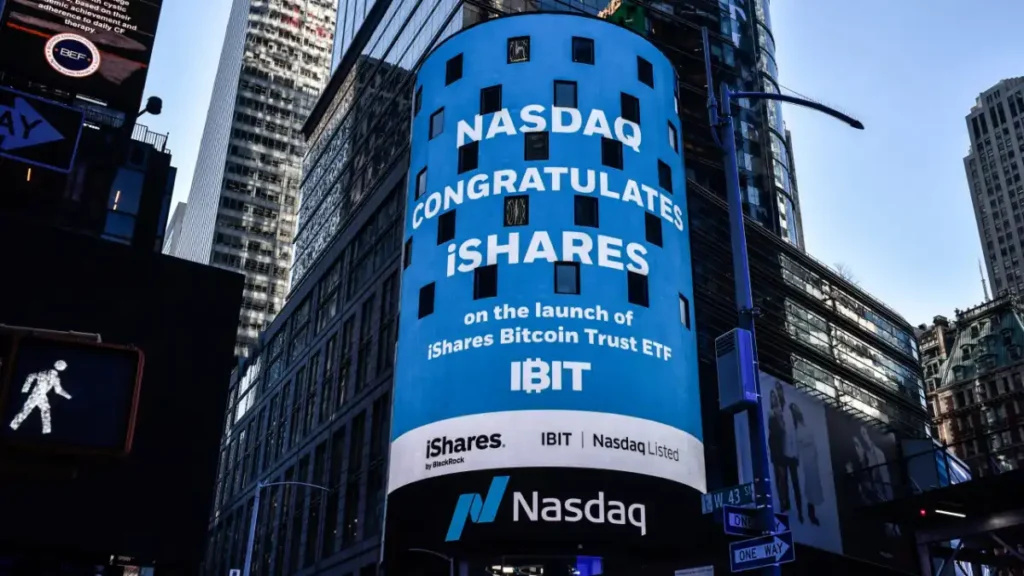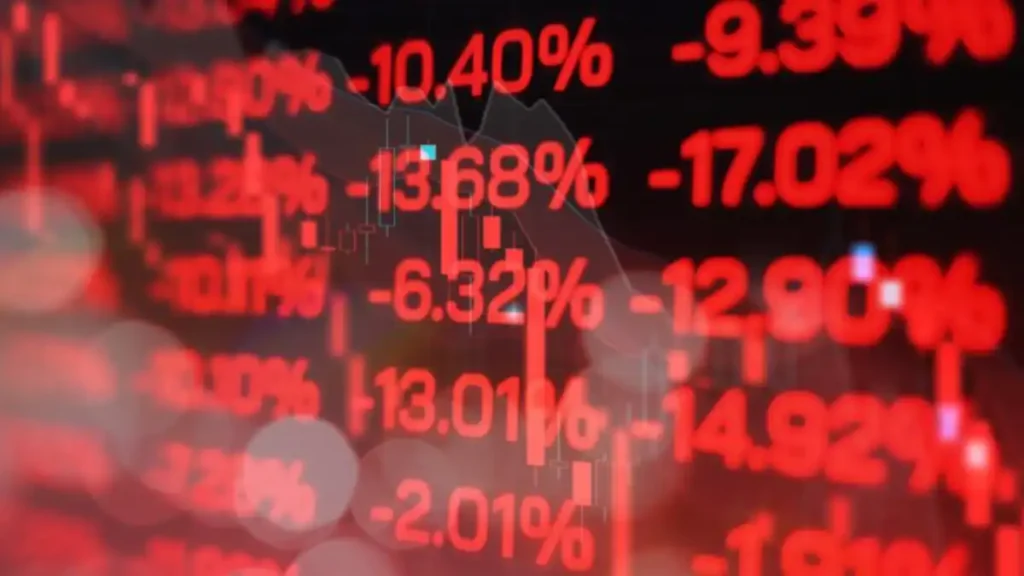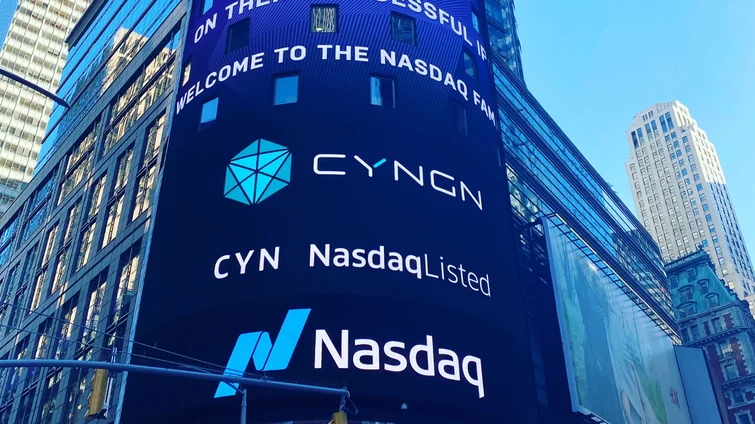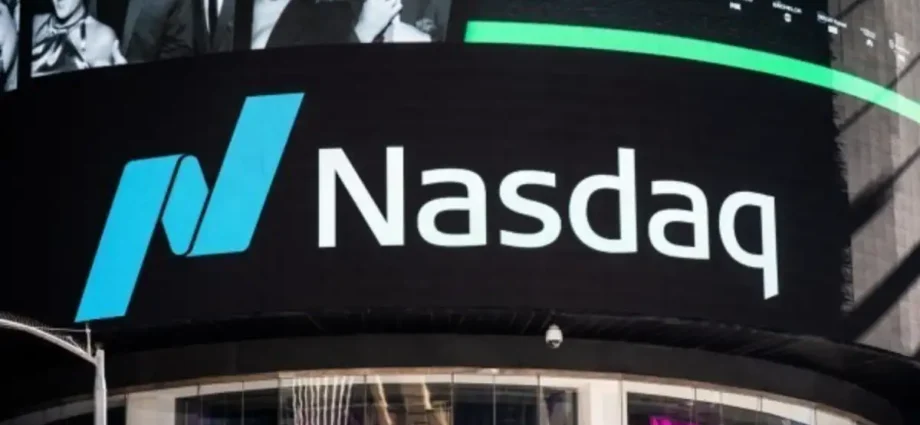Most Asia-Pacific markets and Nasdaq experienced a decline on Thursday due to a decline in chip-related companies following news of tighter export restrictions from the US and increased geopolitical tensions sparked by remarks made by former US President Donald Trump.

The Topix fell 1.6% to finish the trading day at 2,868.63, while Japan’s Nikkei 225 fell 2.36% to close at 40,126.35.
Taiwan Semiconductor Manufacturing Company’s supplier Tokyo Electron’s stock price fell more than 8%. Some chip-related equities saw a roughly 5% decline, while Orgain and Avantest saw a 3% decline.

The Kospi in South Korea fell 0.67% to 2,824.35, and the small-cap Kosdaq finished the session at 822.48, down 0.84%. By day’s end, Samsung Electronics was up 0.23%.
The largest chip maker in the world, TSMC, had its shares drop more than 2.43%, which caused the Taiwan Weighted Index to close 1.56% lower.
| TICKER | COMPANY | NAME | PRICE | CHANGE | %CHANGE |
|---|---|---|---|---|---|
| .N225 | Nikkei 225 Index | *NIKKEI | 40126.35 | -971.34 | -2.36 |
| .HSI | Hang Seng Index | *HSI | 17778.41 | 39 | 0.22 |
| .AXJO | S&P/ASX 200 | *ASX 200 | 8036.5 | -21.4 | -0.27 |
| .SSEC | Shanghai | *SHANGHAI | 2977.13 | 14.28 | 0.48 |
| .KS11 | KOSPI Index | *KOSPI | 2824.35 | -18.94 | -0.67 |
| .FTFCNBCA | CNBC 100 ASIA IDX | *CNBC 100 | 10155.31 | -120.07 | -1.17 |

Japan’s exports increased 5.4% in June compared to a sharp decrease of 13.5% in May. In May, imports climbed by 9.5% year over year; last month, they grew by 3.2%. Reports from Reuters had projected growth rates of 6.4% for exports and 9.3% for imports, respectively.
From a 1.2 trillion yen ($7.7 billion) deficit in May to a 224 billion yen surplus, Japan’s trade balance turned around.
In the final hour of trading, the Hang Seng index in Hong Kong increased by 0.64%, and the CSI 300 in China did the same, finishing the day with a 0.55% gain to 3,520.93.

The S&P/ASX 200 index for Australia finished at 8,036.50, down 0.27%. According to data released earlier by the nation’s statistics agency, the seasonally adjusted unemployment rate increased by 0.1 percentage points from May to 4.1% in June.
According to a press statement from Bjorn Jarvis, head of labor statistics at the Australian Bureau of Statistics, employment in Australia climbed by about 50,000, while the number of jobless individuals increased by 10,000. The record high of 67% in November of last year was barely 0.1 percentage points below the current participation rate of 66.9%.

The Dow Jones Industrial Average in the US ended the night at 41,198.08, up 243.60 points, or 0.59%. The index has never closed above 41,000 before. The information technology and communication services sectors performed the worst throughout the session, with the S&P 500 index of Nasdaq as a whole declining by 1.39%.
Overnight, the Nasdaq Composite lost around 2.8% of its value, marking the worst day since December 2022.

After Fed Chair Jerome Powell cautioned against keeping rates higher for longer, investors continued to favor rate-sensitive stocks over large tech names, which caused the tech-heavy index to decline 2.77% to close at 17,996.92. This was due to optimism about a potential rate reduction.
Read more: Nelson Mandela International Day 2024: Date, history, quotes and more











